Meet the Team
-
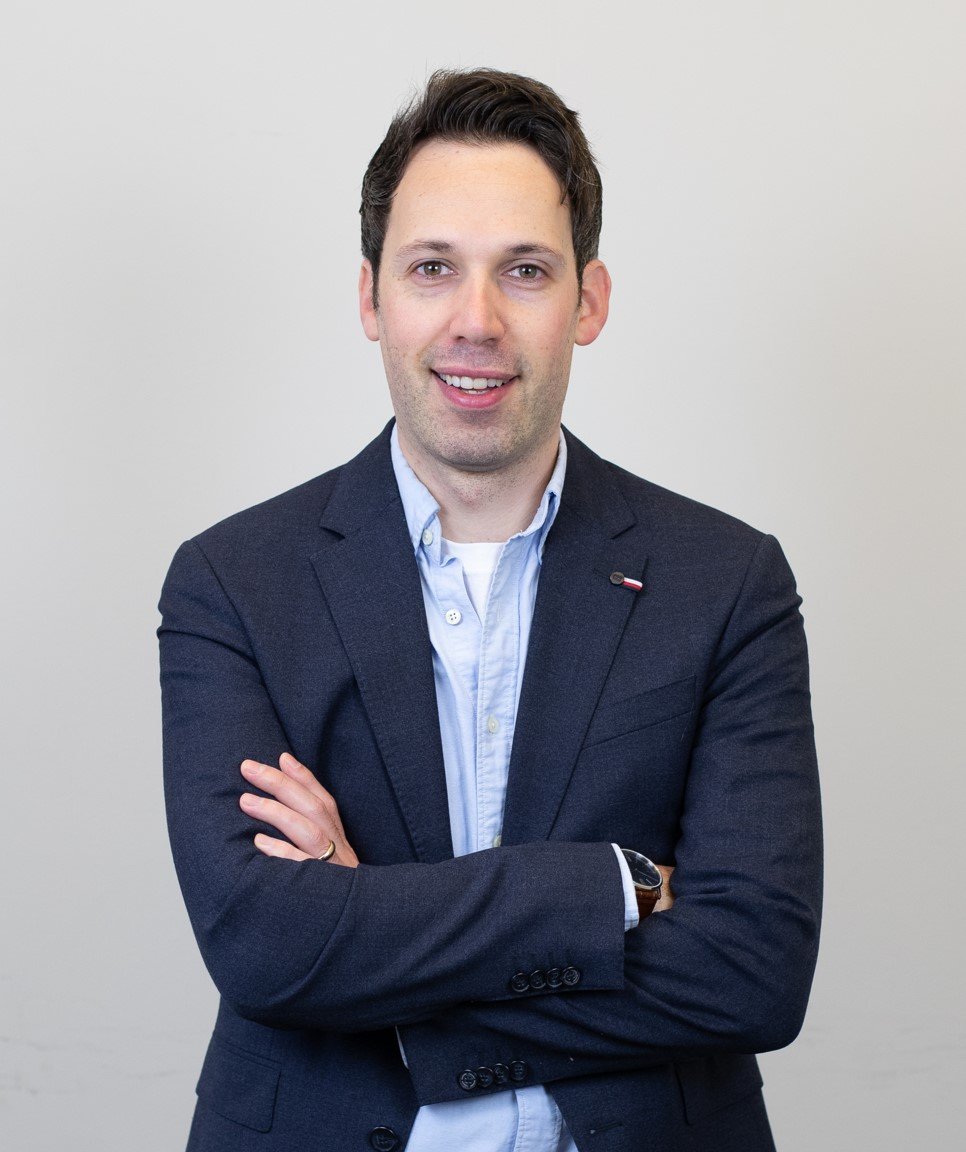
Sander van der Linden
PSYCHOLOGY
Sander van der Linden, Ph.D., is Professor of Social Psychology in Society and Director of the Cambridge Social Decision-Making Lab in the Department of Psychology at the University of Cambridge. He is ranked among the top 1% of highly cited social scientists worldwide and has published over 150 research papers. Before joining Cambridge, he held academic positions at Princeton and Yale.
-

Rory Finnin
UKRAINIAN STUDIES
Dr Rory Finnin is University Associate Professor of Ukrainian Studies at the University of Cambridge. He launched the Cambridge Ukrainian Studies programme in 2008. With Sander van der Linden, Finnin convened the Disinformation and Media Literacy Special Interest Group at Cambridge. His primary research interest is the interplay of culture and national identity in Ukraine; his broader interests include misinformation and affective polarization.
-

Jon Roozenbeek
PSYCHOLOGY
Jon Roozenbeek is a research fellow at the Department of Psychology at the University of Cambridge. His work focuses broadly on misinformation and polarisation, particularly in conflict zones. He has helped develop various interventions to counter misinformation online, such as the online games Bad News, Harmony Square, and Go Viral.
-
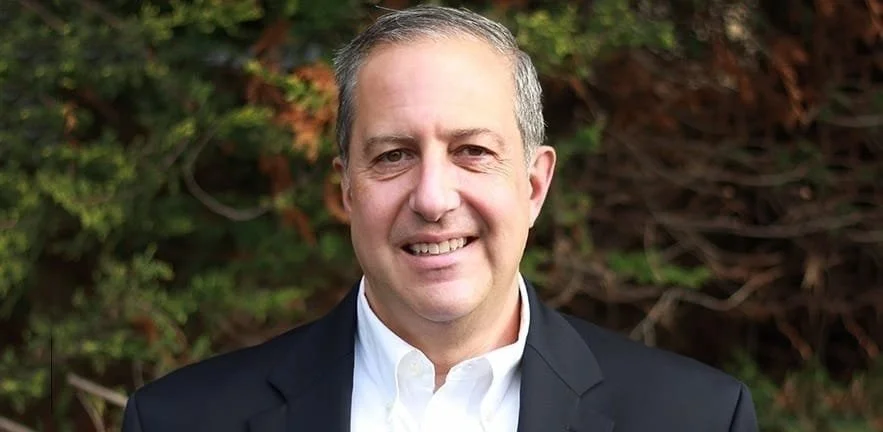
Alan Jagolinzer
FINANCE
Alan Jagolinzer is the Professor of Financial Accounting, the Accounting Faculty Subject Group Head, and the Co-Director of the Cambridge Centre for Financial Reporting & Accountability at the Cambridge Judge Business School. He was previously at the University of Colorado and Stanford University and has earned teaching recognition at four universities including the 2010 Stanford University MBA Distinguished Teaching Award. He was the 2015 Academic Fellow at the International Accounting Standards Board. He was also an active-duty pilot in the United States Air Force, flying T-37, T-38, and E-3 AWACS aircraft. Alan currently studies university governance and disinformation.
-
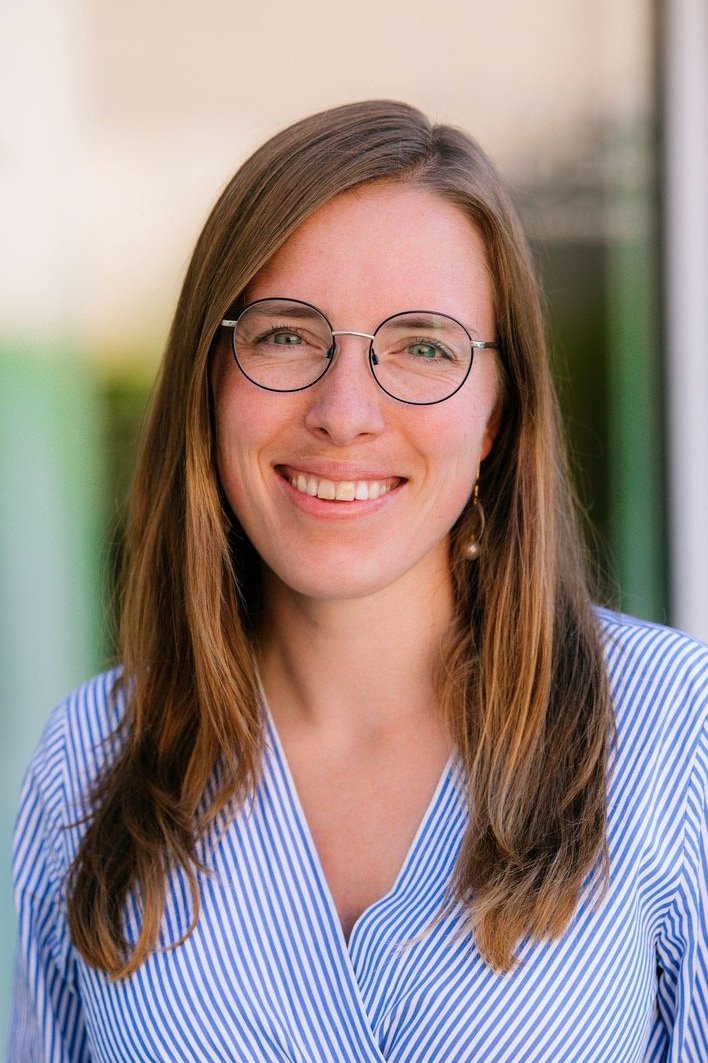
Amy Orben
COGNITION & BRAIN SCIENCE
Dr Amy Orben is a Group Leader at the MRC Cognition and Brain Sciences Unit and Fellow Elect of St. John’s College at the University of Cambridge. She directs an internationally renowned research programme investigating the links between mental health and digital technology use in adolescence.
-

Andreas Vlachos
NATURAL LANGUAGE
Andreas Vlachos is a professor of Natural Language Processing and Machine Learning at the Department of Computer Science and Technology at the University of Cambridge and a Dinesh Dhamija fellow of Fitzwilliam College. Current projects include dialogue modelling, automated fact checking and imitation learning. He has also worked on semantic parsing, natural language generation and summarization, language modelling, information extraction, active learning, clustering and biomedical text mining.
-

Giulio Corsi
EPISTEMOLOGY
Giulio is a Research Associate at the Leverhulme Centre for the Future of Intelligence, working on the AI: Futures and Responsibility (AI:FAR) Project. His research investigates epistemic security, with a focus on how epistemic threats can be countered through peer-produced approaches that allow online communities to participate in the scrutiny and moderation of information flows. His research uses various computational and machine-learning-based methods to analyse large volumes of social media data.
-

Jessie Munton
PHILOSOPHY
Dr Jessie Munton is an Associate Professor in the Faculty of Philosophy at the University of Cambridge, and a Fellow at St John’s College. Her research falls mainly within philosophy of mind and epistemology, in particular the epistemology of bias and prejudice. She is particularly interested in arriving at forms of epistemic evaluation that are sensitive to our cognitive limitations, but that still allow us to hold one another to account, rationally, for the ways our minds work. To that end, her work has explored the way in which our visual systems can manifest forms of prejudice, the limitations of accuracy as a measure for statistical beliefs, and appropriate epistemic standards for search engines.
-
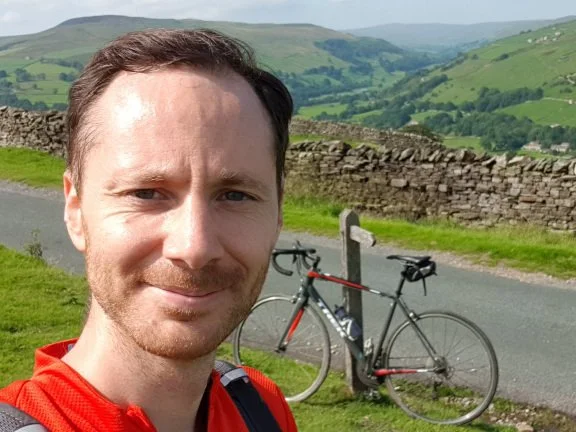
Lee de-WIT
EXPERIMENTAL PSYCHOLOGY AND COGNITIVE NEUROSCIENCE
Lee de-Wit's lab works on applying insights from psychology to understand real world political decision making. This ranges from computational social psychology approaches, to experimental psychological studies of cognitive biases, to the impact of different voting systems on the psychology of political decision making.
-

Lucia Reisch
BEHVAVIOURAL ECONOMICS & POLICY
Prof. Dr. Lucia Reisch is the Inaugural El-Erian Professor for Behavioural Economics and Policy at the University of Cambridge. She is a behavioural economist and social scientist with a PhD in economics and social sciences and one of Europe’s leading academic experts in behavioural insights-based policies for sustainability. She has published widely cited papers on sustainable consumer behaviour, behavioural insights, and consumer and sustainability policy.
-

Roberto Stefan Foa
POLITICAL SCIENCE
Roberto Foa is Assistant Professor in Politics and Director of the Cambridge Centre for the Future of Democracy. His work on democracy and democratic values has been cited in a wide variety of publications including The Economist, Financial Times, and the New York Times, and he has advised a wide range of organisations including the United Nations, World Bank, and the UK Cabinet Office.
-

Sean O Heigeartaigh
BIOINFORMATICS
Sean O hEigeartaigh is Director of the AI:Futures and Responsibility Programme at the Centre for the Future of Intelligence, where he leads a team of interdisciplinary researchers working on foresight, governance and risk relating to advances in artificial intelligence. His work has covered the impacts and risks of AI in pandemic response and agriculture, malicious use and disinformation challenges associated with AI, and benchmarking and progress forecasting in AI. He has a PhD in bioinformatics.
-
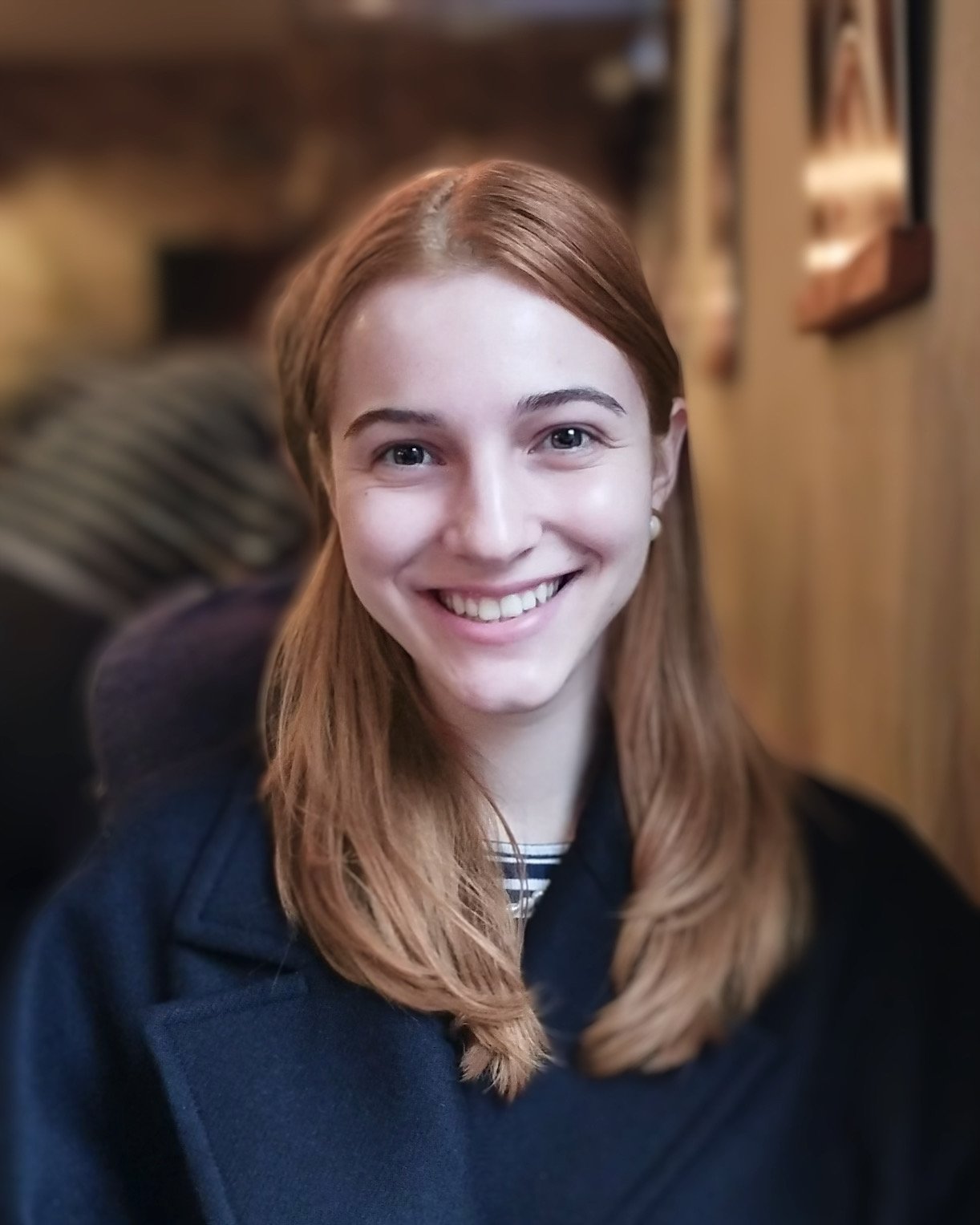
Yara Kyrychenko
PHD STUDENT
Yara Kyrychenko is a Psychology PhD student at Cambridge and a Gates scholar. She uses a combination of data science and behavioral research methods to study polarization and intergroup conflict on social media.